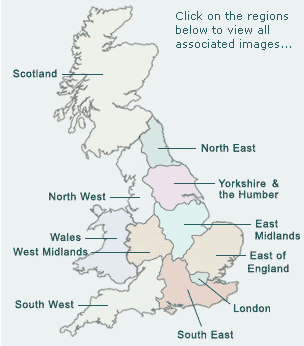

 |
 |
| You are in: | Home> General Strike> Local Organisation> |
The General Strike - Local Organisation |
|
 |
IntroductionIn the proposals for co-ordinated action issued by the General Council to Union Executives on 30 April, and accepted by the conference of Union Executives of 1 May, the following instructions were given to Trades Councils: "The work of the Trades Councils, in conjunction with the local officers of the trade unions actually participating in the dispute, shall be to assist in carrying out the foregoing provisions (i.e. stoppage of work in various trades and undertakings, and exceptions thereto), and they shall be charged with the responsibility of organising the trade unionists in dispute in the most effective manner for the preservation of peace and order" Not every town had a Trades Council but during the General Strike every town or borough had some sort of central strike committee. The central strike committees gave themselves various names. Some of the most militant called themselves 'Councils of Action'. This term had been used in 1920 for both the national and local committees set up by the combined efforts of the trade unions and the Labour Party to resist British involvement in attacks on the new Soviet regime in Russia. By 1926 the councils have withered away but it was natural to think of reviving such a successful form of organisation when faced with the challenge of defending the miners. Whatever, their name, central strike committees were concerned with local coordination between unions, the collections and dissemination of news, the organisation of meetings, the preparation of propaganda, the question of food supplies and the issuing of permits giving permission to pass pickets, the supplementation of the pickets of individual unions by central teams, welfare and the defence of anyone arrested, and the organisation of social and money-raising activities. Most strike committees operated through a system of sub-committees dealing with various aspects of the work. How to use this section In this section you will find reports, written by local strike committees, which were sent to TUC headquarters in London to assist the General Council with their coordination of the strike. For ease of use, we have divided the local reports geographically. To find reports from a particular location, click on the appropriate region of the map. You will then be taken to a list of towns and cities to which there is a corresponding report in the TUC Library Collections. Alex Bromley, Project Manager Back to the General Strike main page |
© London Metropolitan University | Terms & Conditions |
|